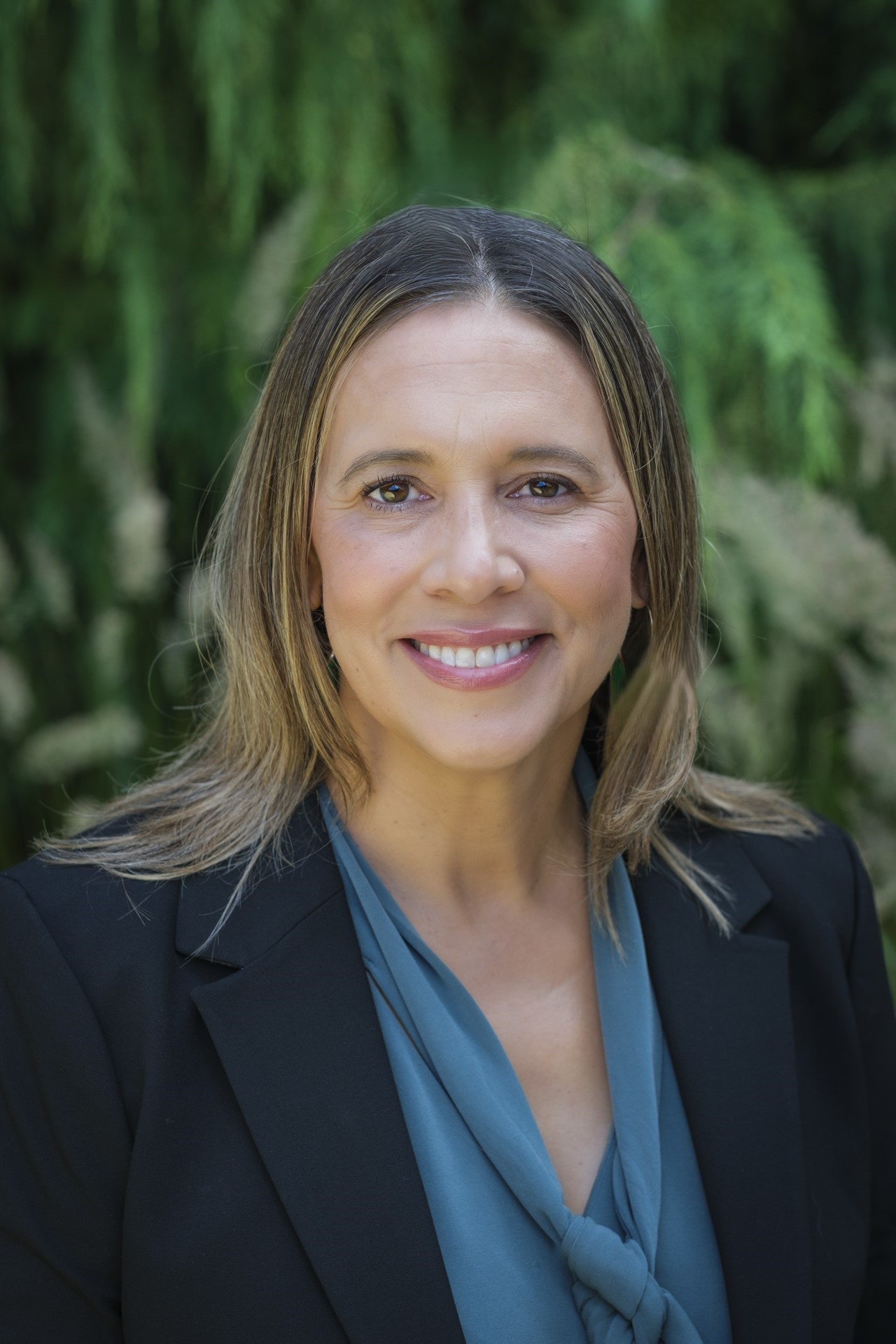CLS Research Spotlight: Linda Halgunseth
February 7, 2025 - Karessa Weir
 Linda C. Halgunseth is core faculty in Chicano/Latino Studies, a member of the Chicano/Latino Studies Advisory Board, and an associate professor in the Department of Human Development and Family Studies at Michigan State University.
Linda C. Halgunseth is core faculty in Chicano/Latino Studies, a member of the Chicano/Latino Studies Advisory Board, and an associate professor in the Department of Human Development and Family Studies at Michigan State University.
Her research focuses on culturally sensitive measurement of Latinx parenting, inclusive practices in family engagement, and socio-cultural influences on parenting, parent-child interactions, and child development. Dr. Halgunseth is Past Chair of the Latinx Caucus of the Society for Research in Child Development (SRCD). She received the Early Career Award in Teaching Excellence from AAUP and the Mid-Career and Early Career Awards in Research from the SRCD Latinx Caucus. She earned a BA in psychology and Spanish at the University of Texas at Austin, and a MS and PhD in human development and family studies from the University of Missouri.
What is your background?
My mother is from Mexico City and my father is of Norwegian heritage from North Dakota so I came from a bicultural background. I grew up in Massachusetts and my mother’s rules and values were very different from my friends’ moms.
How did this direct your future research?
I found there was a lack of understanding on Latinx parenting. There had been a wave of research on Black parenting which gave me motivation to look into Latinx parenting. My PhD is in parenting by ethnic groups and how culture affects parenting in the U.S.
What is your current research?
I worked in early childhood non-profits and moved to Washington D.C. but I missed conducting my own research. When I returned to my own research, I found that not much had been done on culturally sensitive self-report parenting measures for Latinx parents since my PhD on Latinx parenting. So, I continue to work in this area as well as look at cultural identities with Latina mothers and daughters. When there is a larger gap in cultural identity between mothers and daughters, the daughters report greater depressive symptoms.
I want to promote understanding of what normative Latinx parenting looks like – the strengths and assets are not accurately captures by current parenting measures.
How has Chicano/Latino Studies impacted your work?
When I interviewed at MSU, it was a big draw to have CLS here. I knew from experience the importance of having a community of like-minded researchers working in Latino studies. It is very important for our professional and personal well-being.
When my ISS course on Latinx Families was first cross-listed as a CLS course, it was amazing. The CLS minors in my class added such depth to class discussions and shared their experiences with the entire class. They were able to give real examples of what we were learning in real life.
I learned from them, too.
As a member of the CLS advisory board, I am in an even tighter knit, supportive community. I have a voice in the program which is a privilege and honor, which is important as we begin to experience a change in leadership . I would definitely say that one of the benefits from being a part of CLS is the leadership opportunities.
Our scholarship and teaching in CLS helps us better our communities. Our work is more important than ever. We have a scholarly commitment to support others in this current climate.

